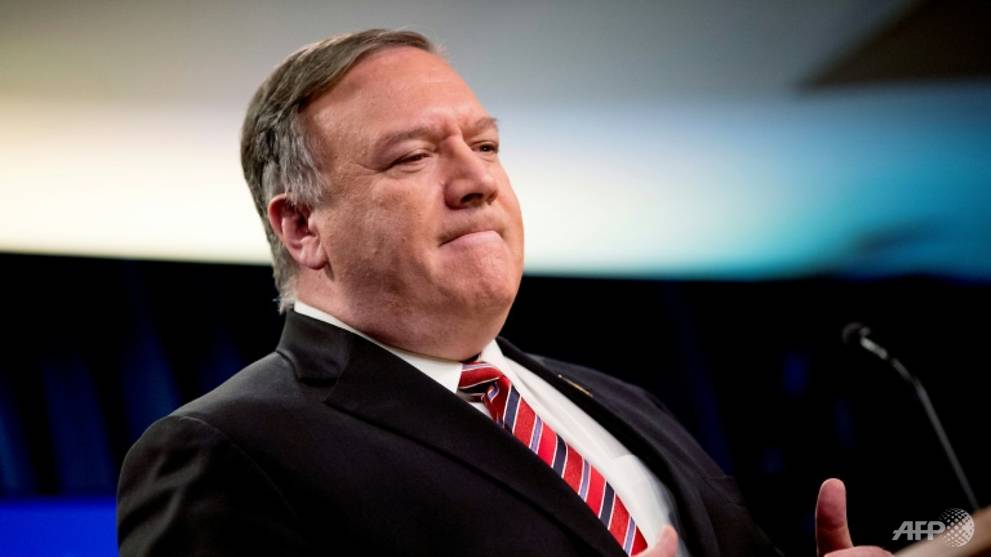A group of Senate Republicans is urging U.S. President Donald Trump to avoid hurting American chipmakers, which they see as essential to the coronavirus response and the U.S. economy, as the administration cracks down on chip exports to China.
WASHINGTON: A group of Senate Republicans is urging U.S. President Donald Trump to avoid hurting American chipmakers, which they see as essential to the coronavirus response and the U.S. economy, as the administration cracks down on chip exports to China.
In a letter dated Wednesday, six senators, including Susan Collins, John Cornyn and Todd Young, expressed concern over rules released by the U.S. Commerce Department last week that could curb exports of chips and other technology to China in a bid to keep them from its military.
One of the rules expands the definition of a military buyer, potentially allowing the U.S. government to block semiconductor production equipment and other sales to China.
That rule and another, which does away with civilian license exceptions, are slated to go into effect in June without allowing industry to comment on the final versions.
"We are concerned that the Department of Commerce issued several new regulations related to semiconductors in final form, avoiding consultation with industry and without full consideration of the impact on the economy," the senators wrote.
"At this time of economic crisis and uncertainty, we urge the department to proceed cautiously, solicit feedback from industry, and ensure that well-intentioned proposals do not have unforeseen, damaging effects on the U.S. economy, U.S. technological leadership, and vital supply chains for our nation’s COVID-19 response."
The White House declined to comment and the Commerce Department did not respond to a request for comment.
The letter comes after a national lockdown to reduce the spread of the coronavirus shuttered businesses and forced millions of Americans to seek unemployment benefits. Some states have begun to reopen despite lingering fears of a rise in cases, which have already exceeded 1 million in the United States alone.
The lawmakers who signed the letter, including Marsha Blackburn, Ron Johnson, and Jerry Moran, describe semiconductors as "the foundation that enable both the medical equipment and remote working capabilities that have proven essential during the COVID-19 pandemic."
"As we continue our robust response to the pandemic, we must ensure that the U.S. retains its economic leadership position and avoids potential disruption to this critical semiconductor supply chain," the lawmakers wrote.
The senators are not alone in raising concerns over the rules. The Semiconductor Industry Association, a trade group, urged the administration last week to implement them in a manner that protects national security and the industry.
"We are concerned these broad rules will unnecessarily expand export controls for semiconductors and create further uncertainty for our industry during this time of unprecedented global economic turmoil." the group said.
SEMI, a group representing the semiconductor and electronics manufacturing supply chain, said on Wednesday it shared senators' concerns.
(Reporting by Karen Freifeld and Alexandra Alper; editing by Jonathan Oatis and Tom Brown)
https://news.google.com/__i/rss/rd/articles/CBMihAFodHRwczovL3d3dy5jaGFubmVsbmV3c2FzaWEuY29tL25ld3MvYnVzaW5lc3MvdXMtbGF3bWFrZXJzLXdhcm4tdHJ1bXAtYWdhaW5zdC1oYXJtaW5nLXVzLWNoaXBtYWtlcnMtYW1pZC1jb3JvbmF2aXJ1cy1jcmlzaXMtMTI3MTEzNzLSAQA?oc=5
2020-05-07 04:37:06Z
52780764508562



